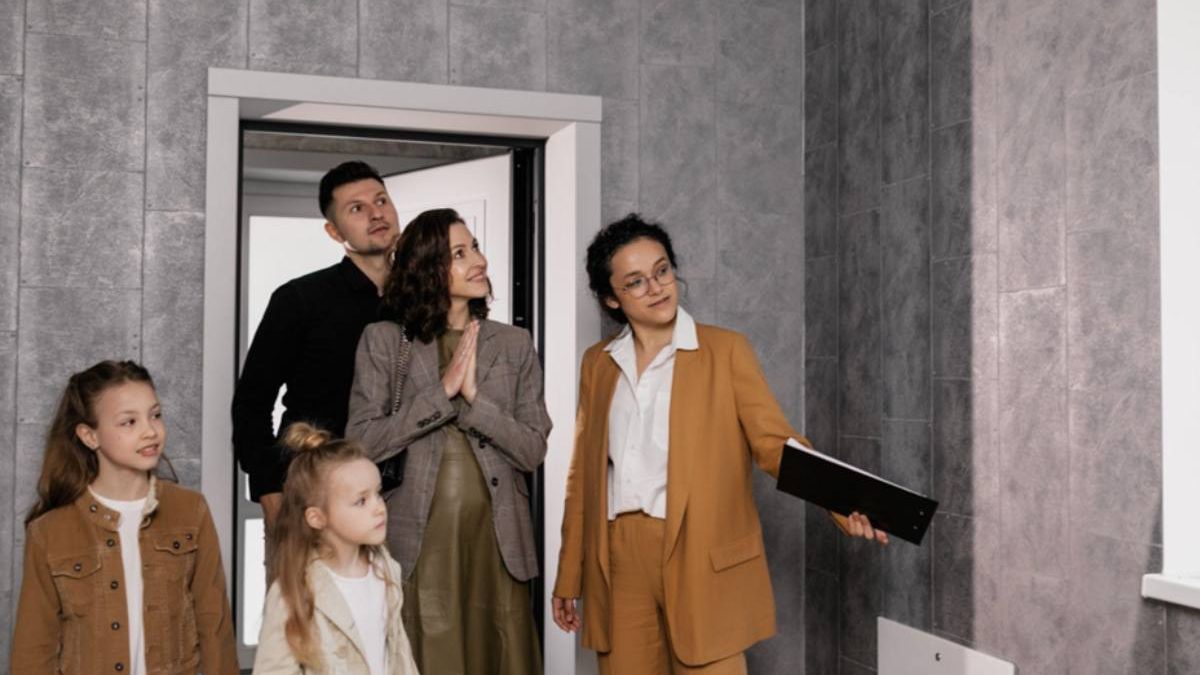Buying a house is a big decision. It can be the biggest purchase of your life, and it’s one that you’ll likely have to live with for years. As such, it’s worth taking the time to do some research before signing on the dotted line. Here are five steps you should take before buying a house in Australia:
Table of Contents
Work out your budget
- Work out how much you can afford to spend on a property. This will be different for everyone, but it’s important to be realistic about your budget.
- Don’t forget about moving costs, maintenance costs, and utility bills when working out how much money you need to save for a deposit. You may also want to consider insurance premiums if you’re buying an apartment block or townhouse–it’s worth doing some research into what this might cost before purchasing your home so that there are no surprises later on!
Use pre-purchase inspection service
Pre-purchase inspection service like this pre-purchase inspection in Wellington is a great way to find out if there are any problems with the house. They can look at both older and newer homes, so it’s worth considering even if you’re not buying an old property. The cost of this service is usually around $300-$400, which may seem like a lot but it’s well worth it because it will give you peace of mind and help prevent nasty surprises later on.
Get your finances in order
As you start to look for a house, it’s important to get your finances in order. The first step is to be prepared to commit. This means having enough money saved up for the deposit and stamp duty on top of any other costs involved in buying a property.
You should also check your credit history and rating before applying for finance or taking out a loan. This will help you understand what lenders may see as an acceptable risk when they look at your application, as well as showing that you have been responsible with money in the past (which will likely lead them to lend more). If there are any errors on this report then it’s worth contacting them immediately so they can be corrected before applying!
Work with a conveyancer
A conveyancer is a person who helps you with the legal aspects of buying a house. They’ll help you understand your rights and responsibilities as a buyer, as well as the legal process of buying a house. They can also advise you on how to protect yourself from scams.
According to an expert at conveyancing in Glengowrie, conveyancers work for solicitors’ firms or banks; some are self-employed, but many are employed by one particular company (usually real estate agents) for whom they do all their work in return for a commission on sales that result from their efforts on behalf of buyers or sellers who use these services.
Be willing to compromise
If you’re buying a house with others, everyone must have a say. If the decision is important to one person but not to another, then that person may feel like their opinion isn’t being considered or valued.
It’s also worth noting that even if something isn’t an issue for you personally (for example: if there are no trees on your block), it might still be important for someone else in your household–and vice versa! So don’t assume anything about what matters most to another member of your household just because there aren’t any trees nearby; ask them directly instead!
Consult a real estate agent
A real estate agent is a professional who helps you buy or sell a property. They know the market, and they can help you find the right house for your needs. According to a real estate agent working for years in real estate in Maleny, they’re also there to help with all of the paperwork involved in buying a home, including organizing any inspections needed on the property and dealing with solicitors (lawyers).
Learn about home loan types
Before you start shopping for a home loan, it’s important to understand the different types of home loans and how they work.
Home loans are usually classified into two main categories: mortgage and home loan. The difference between these two types of loans is that a mortgage loan must be paid off over time while a home loan doesn’t have any repayment obligations after the initial term ends (usually 25 years).
Know how much you can borrow
Knowing how much you can borrow is the first step to buying a home. Depending on your income and expenses, this figure may be different than what you are comfortable with. It’s important to know your borrowing capacity before starting house hunting so that you don’t get in over your head financially.
Conclusion
Buying a house is one of the most exciting and important decisions you’ll make in your life. It’s also one of the biggest investments. Before you buy, there are lots of things to consider so that you can make sure it’s the right move for you.

